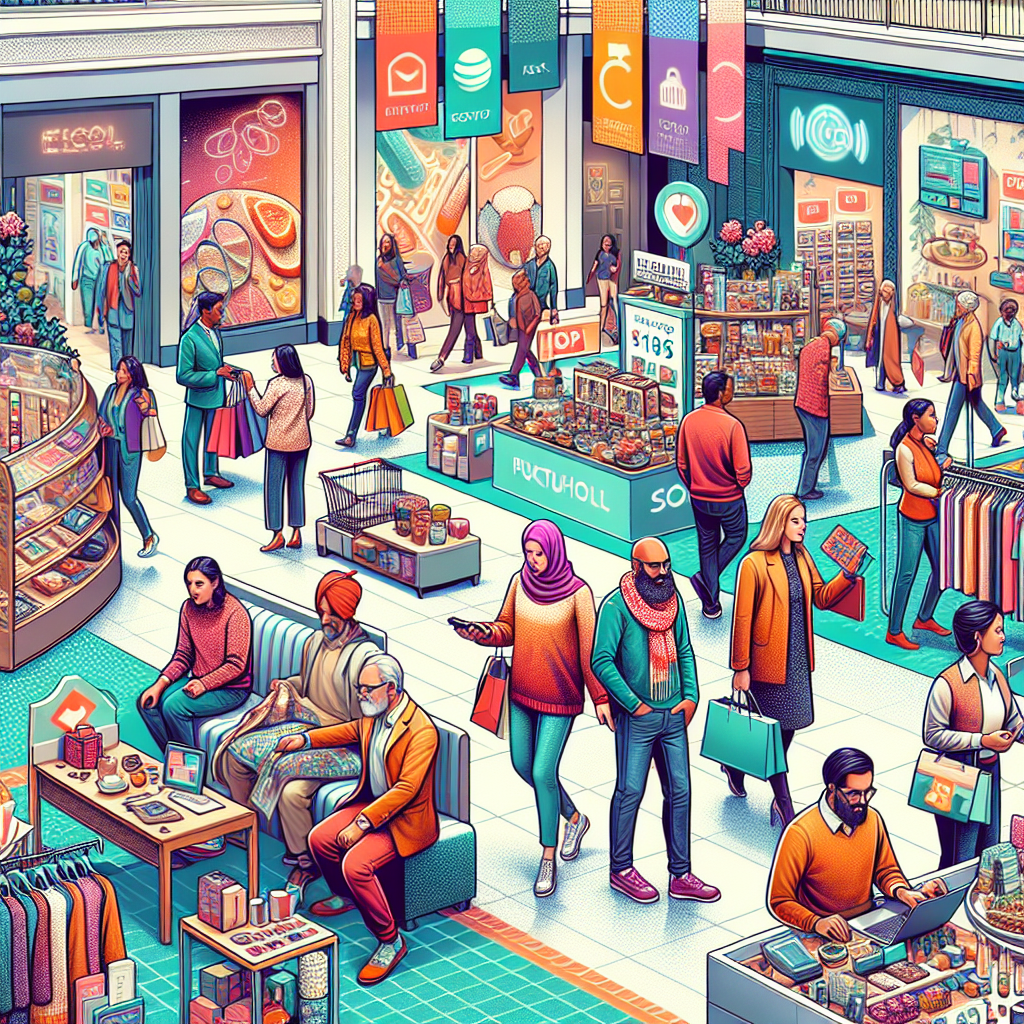Unraveling the Mystery: How Your Emotions Dictate Your Purchasing Choices

In today's fast-paced consumer landscape, understanding why we buy what we buy can feel like navigating a complex labyrinth. The reality is, our decisions are often influenced more by emotions than by logic. Dive into the fascinating world of consumer behavior, where feelings and instincts play the leading role in the choices we make.
The Emotional Connection to Products
Every day, consumers make a multitude of purchasing decisions that may seem trivial but are heavily influenced by emotional triggers. Whether it’s the joy of owning the latest smartphone or the comfort of a cozy sweater on a winter day, our emotional responses often dictate our spending habits. Brands understand this well; they craft advertisements that elicit emotions to create a bond with the consumer. Think of the last time a heartfelt commercial made you tear up or feel nostalgic—that’s emotional marketing in action!
Why People Make Impulse Buys
Impulse buying is a phenomenon that many people experience. A well-placed sale sign or an appealing product can easily divert us from our budget-conscious intentions. Studies show that around 70% of all purchases made in grocery stores are unplanned. This often happens when our emotional response overtakes our logical reasoning. Retailers utilize strategic placement, enticing promotions, and even sensory stimuli (like scent or music) to cultivate an environment that encourages these spontaneous buys.
The Role of Social Influences
Humans are inherently social beings, and our purchasing choices are often swayed by those around us. Social proof, or the idea that we are influenced by the behaviors of others, can push us toward certain products. For instance, when we see our friends raving about a trendy pair of shoes on social media, it invokes a sense of urgency and desire. FOMO (fear of missing out) also plays a significant role in this context. The interconnectedness of our social networks means choices aren't just personal—they're communal, knitting together our identities with our consumer habits.
How Brands Win Your Loyalty
Customer loyalty isn’t just about satisfaction; it's deeply rooted in emotional connections. Brands that understand their customers’ emotions stand a better chance of fostering loyalty. For instance, companies like Apple and Nike cultivate a sense of belonging and identity among their customers. When consumers feel aligned with a brand’s values or image, they are more likely to become repeat buyers, regardless of price differences with competitors.
Conclusion: The Power of Understanding Consumer Behavior
In a world where choices abound, understanding consumer behavior can empower both buyers and sellers. For consumers, recognizing the emotional triggers behind their purchases can lead to more mindful spending. For brands, tapping into these emotions creates more potent marketing strategies. So next time you find yourself in a store or scrolling online, pause for a moment. Ask yourself: what’s driving this decision—the heart or the head? The answer might just surprise you!